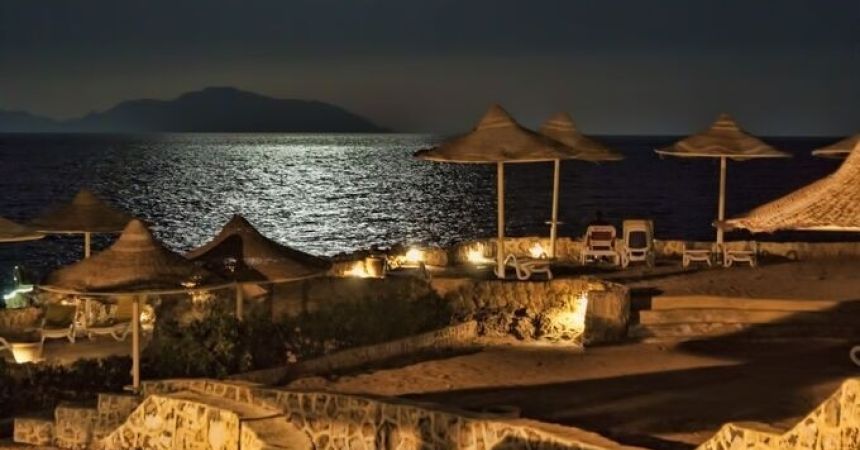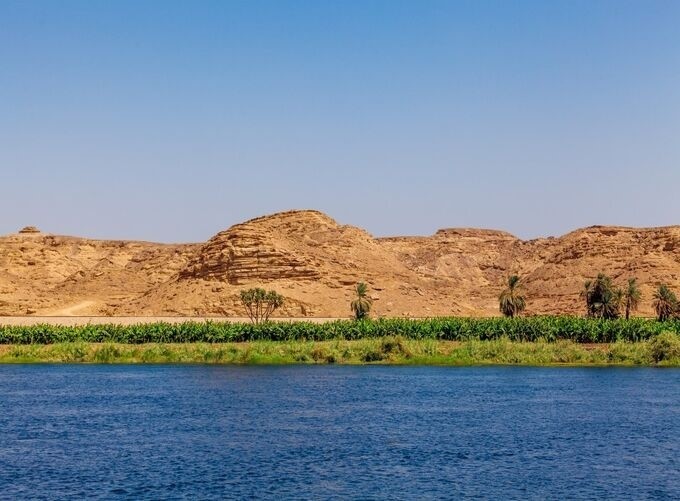
Best Time to Visit Egypt Travel Planning Guide
Choosing the best time to visit Egypt can transform your journey from a simple trip into an unforgettable holiday filled with history, culture, and comfort. Weather plays a major role in how much you enjoy sightseeing, desert adventures, Nile cruises, and beach vacations.
Whether you are planning luxury honeymoon packages, affordable group tours, or customized private tours, understanding Egypt’s seasons helps you design the perfect Egypt Travel itinerary.
Overview of Egypt’s Climate
Egypt has a desert climate with long, hot summers and mild winters. Sunshine is abundant year-round, and rainfall is rare.
The year can be divided into:
- Peak season: October to April
- Shoulder season: May and September
- Low season: June to August
Each season suits different travel styles, budgets, and activity preferences.
Best Time for Sightseeing and Cultural Travel (October to April)
The most popular period for Egypt travel is from October to April, when temperatures range between 18°C and 28°C.
This season is ideal for:
- Visiting the Pyramids of Giza
- Exploring Luxor and Aswan temples
- Enjoying Nile cruises
- Walking tours in historic cities
Most classic Egypt tours and cultural travel packages are designed for these months.
Best Time for Beach Holidays and Diving
The Red Sea coast, including Hurghada and Sharm El Sheikh, is pleasant year-round.
- October to May: Warm water, comfortable air temperatures
- June to August: Hot but excellent for swimming and diving
Travelers combining sightseeing with beach vacations often choose spring or autumn for balanced weather.
Best Time for Budget Travelers and Low-Crowd Experiences
Travelers seeking lower prices and quieter attractions often choose:
- May
- September
These months offer:
- Fewer tourists
- Better hotel deals
- Full tour availability
They are ideal for flexible itineraries and value-focused vacation packages.
Best Time for Honeymoon and Luxury Travel
For honeymoon travelers, the best months are:
- November to February
Cool evenings, romantic Nile cruises, luxury resorts, and peaceful sightseeing conditions create perfect settings for honeymoon vacations.
Many honeymoon packages combine Cairo, Nile cruises, and Red Sea resorts during this period.
Seasonal Travel Comparison
Winter (December–February)
- Cool and comfortable
- High tourist numbers
- Ideal for sightseeing and cultural tours
Spring (March–May)
- Warm and pleasant
- Great for combined city and beach itineraries
- Moderate crowds
Summer (June–August)
- Very hot inland
- Best for Red Sea resorts
- Lowest prices
Autumn (September–November)
- Cooling temperatures
- Excellent for sightseeing
- Increasing tourist activity
Choosing the Best Time Based on Your Travel Style
- History lovers: October–April
- Beach lovers: March–June or September–October
- Budget travelers: May or September
- Honeymoon couples: November–February
- Families: Spring and autumn
Your perfect time depends on your priorities, comfort level, and travel goals.
Final Thoughts: When Should You Visit Egypt?
There is no single best month for everyone, but October to April remains the top choice for most travelers seeking comfort and full sightseeing opportunities.
Whether you are booking luxury honeymoon packages, affordable group tours, or tailor-made private tours, Egypt offers remarkable experiences year-round.
With smart planning, your Egyptian holiday will be filled with unforgettable moments, ancient wonders, and exceptional hospitality.

FAQs
- What is the best month to visit Egypt?
October and November are often considered the best months due to comfortable temperatures, fewer crowds than winter peak, and ideal sightseeing conditions across the country. - Is summer a good time to visit Egypt?
Summer suits beach vacations and budget travelers, but sightseeing in cities is challenging due to high temperatures, requiring early morning tours and rest breaks. - When is Egypt cheapest to travel?
June, July, and August usually offer the lowest prices for hotels and tour packages, especially outside major holidays. - What is the best season for honeymoon travel in Egypt?
Winter, especially November to February, is ideal for honeymoon vacations with mild weather, luxury resorts, Nile cruises, and romantic city experiences. - Can Egypt be visited year-round?
Yes, Egypt can be visited year-round, with each season offering different advantages depending on travel style, budget, and activity preferences.



